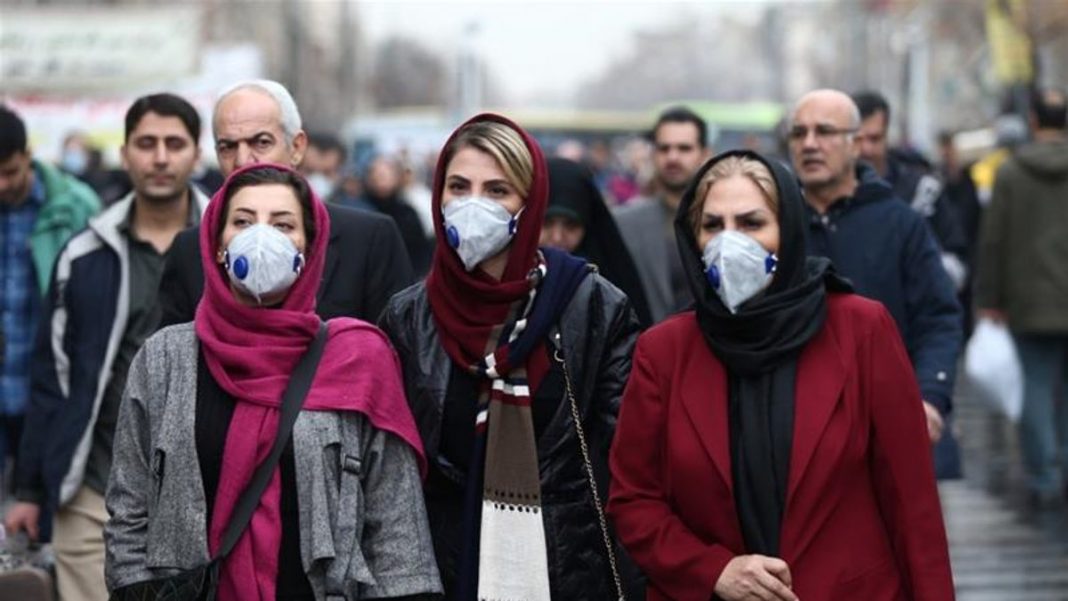The majority of scientists around the globe agree that the widely discussed coronavirus crisis may stay with us for many decades to come, or even longer. And the earlier we accept the new reality and embrace its rules – the better.
While we seem to be slowly moving to the web: from online dating in Georgia, United States, to virtual education in Washington, and remote work all around the country, we still seek offline relationships, or at least regular interactions and meetings with other multidimensional beings.
This is no doubt a great and useful thing, however, with the pandemic arrival, we’ve faced the need to turn some precautions into new steady habits for socializing.
Avoid touching items at shops
First of all, you can easily get infected through food containers. Laboratory studies show that the coronavirus can live outside the human body for several hours, or even days – including on packaging materials, especially cardboard and plastics. In addition, it is more stable in low-temperature environments, which is used to transport the majority of products.
And secondly, by touching some items with dirty hands, you potentially transmit infection yourself. Which is definitely not very solidarity towards other customers.
The best way out here would be to use plastic disposable gloves each time you go out shopping.
Carry your own antiseptic
Put hand disinfectants in any form you prefer ( sprays, wipes, or lotions) in your bags, cars, pockets, and in a drawer at work.
Since the virus is capable of surviving on surfaces for a few days, this will help you make sure you’re cleaning your hands after touching any buttons, door handles, car doors, counters or keypads while paying with a card or using ATMs, and so on.
Pay with a credit card
Switching to contactless paying methods instead of paper money makes a lot of sense since apart from being simply more convenient, it is also very practical when it comes to keeping the coronavirus infection away.
As having circulated in other hands for a long time, such currency represents quite a significant risk of catching harmful germs.
Don’t make crowds
Before heading off to a local pharmacy or even supermarket, make sure to check their busiest times on Google and avoid them during these hours if possible.
The same is true when approaching any supermarket you want to visit. Before going inside, evaluate how crowded it is and postpone shopping if the number of people seems risky for you.
Follow the new elevator policy
Hopefully, it’s common knowledge that if there are several people in the elevator, it is preferable to wait or take the stairs. But as the chances of transmitting the virus in confined areas are much higher than outdoors in the same circumstances, even if you’re alone – try not to talk over your smartphone as well. According to studies, a person’s emissions from talking or coughing are likely to remain in the elevator for at least 10 minutes, which is enough for another rider after you to get affected by the aerosols or droplets left in the air.
Naturally, if you find yourself in a lift even with your family members or close friends, small talks during the ride are also currently remains taboo.


